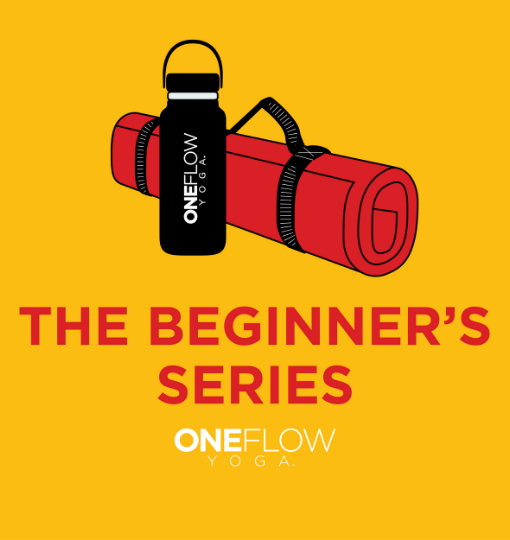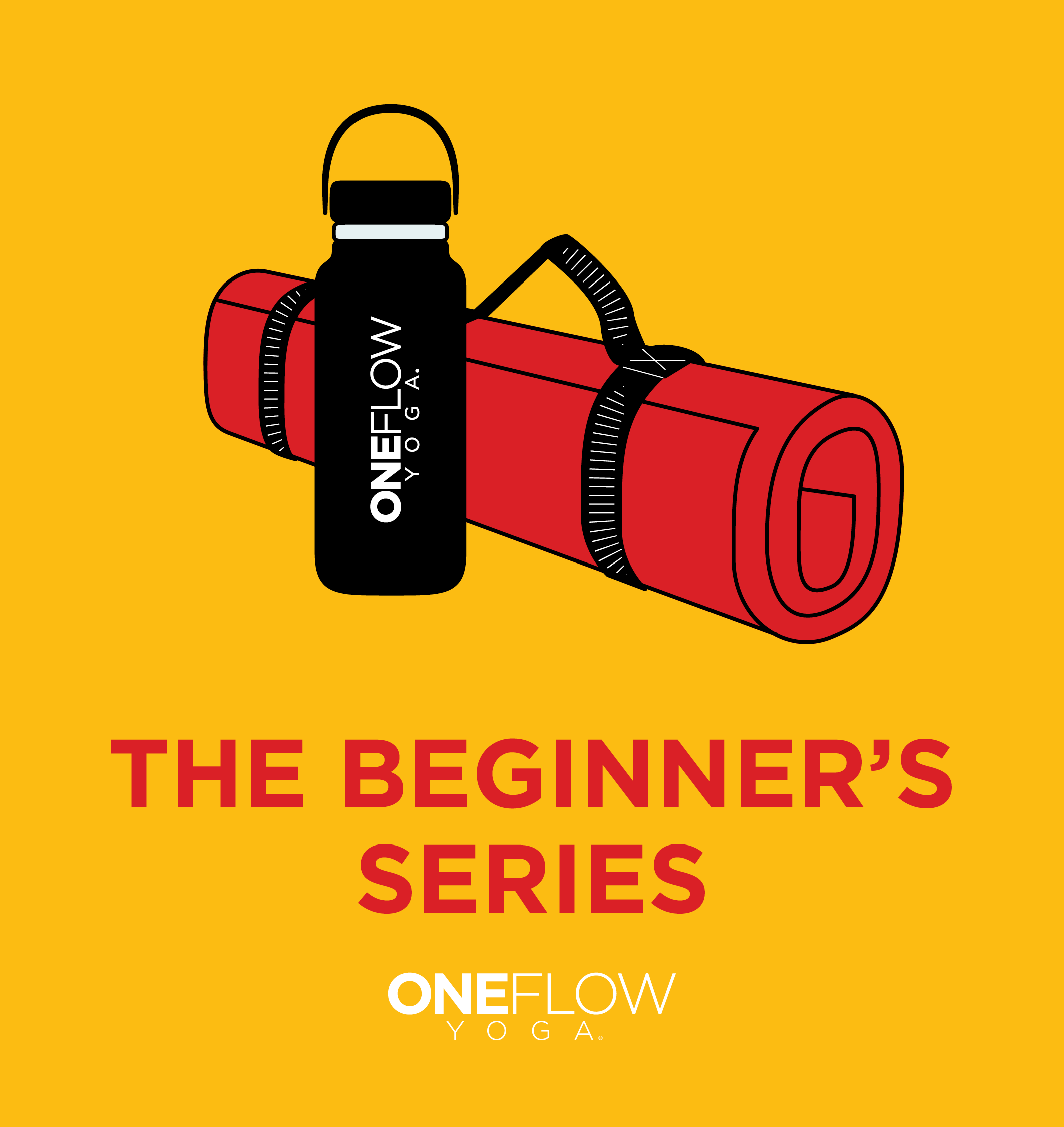There’s a common misperception of yoga as a practice for flexibility. Rarely do the terms yoga and strength training come up together. However, they should because yoga is a wonderful practice to get stronger, and not just physically. There are at least three ways yoga makes you stronger, and we’ll address all three, physical, mental and emotional.
Physical Strength
When we think of strength, it’s more than lifting heavy weights. It’s the ability for your body to do work in a variety of circumstances so that you can enjoy all of the activities you want to do.
Whether it’s dancing or hiking, skiing or biking, it makes sense to do a workout that stimulates and uses your body in a variety of positions. And while “sport specific” training is helpful if you want to get stronger at one thing, it doesn’t readily apply to other activities.
That’s one of the reasons why there’s a myriad of yoga postures—to move your body in as many ways as possible. While there are books detailing 2000 poses and beyond, there’s a commonly agreed upon set of 200, and most yoga classes will explore 50.
How Yoga Makes You Strong
Yoga uses multiple muscle groups at once. Most postures have the potential of using your entire body.
Yoga provides variation for your muscles to adapt to. This is especially true if you are practicing vinyasa yoga where the sequences of postures consistently change. Doing the same postures over and over again leads to a plateau in strength. Your body likes novelty.
You are using your body weight to resist gravity. As a force, gravity is hard to beat. It provides more resistance than any barbell or weight. Yoga offers you the ability to work with and against gravity to build strength.
Yoga helps recruit your nervous system. A key reason we cannot turn on specific muscles is we haven’t practiced accessing them from a neurological standpoint. While it may be easy to get your bicep to move because you’ve done it repetitively, many movements use muscles we didn’t even know we had let alone can think and move at will. Over time we can strengthen the neural pathways that allow us to activate more muscles as we desire.
Yoga gives you a command of moving your body in space. Your movements become more effective and skillful which you can apply to other physical pursuits.
Anytime you stretch use strength. Strength and flexibility work together. If your goal is to get more flexible, then make sure you are working your muscles. Plus, it will keep you safer.
Mental Strength
Practice yoga regularly and you’ll notice that all of the physical exercise is affecting your mind. And it’s different than just feeling calmer after a run or other intensive workout. That’s because of the nature of what we’re doing in yoga.
Yoga asks you to work in uncomfortable areas.
It so happens that going to a place of discomfort is the key to growth.
What Do We Mean by Mental Strength?
Mental strength is being able to use your mind skillfully. More than raw intelligence, it’s being able to do the list below. And, now, more than ever, having mental strength is something that will help all of us because of the rapid way work and life are changing.
Focus. How do we pay attention, on purpose, for as long as we desire? It takes practice. And it’s a strength because if you can focus you can get things done. You can solve problems and develop ideas. And you can keep what’s important to you top-of-mind.
See clearly. Clarity or the ability to see clearly is more than logic. You can see the bigger picture and follow paths that others dismiss, many times because certain thoughts and associations are outside of their comfort zone. Clarity also allows you to do a particularly wise thing—change your mind.
Persevere. Stick-to-it-ness, also called resilience or grit is a quality you can build. As a strength, it allows you to pick-yourself-up and begin again. Entrepreneurs and creatives need this by the truckload because failure is a constant companion. However, it’s equally valuable for anyone who has a dream or wants to get their projects done.
Create. You may not think of yourself as creative because you don’t paint, draw or write. But finding new ideas and innovating are becoming more valuable, especially as repetitive thinking gets automated. Yoga can develop your creativity by using all of the other mental strengths and help you see connections and new possibilities.
Emotional Strength
Being emotional is often thought of as a weakness. However, in yoga, we recognize that, as humans, we come with emotions. And that’s a good thing. Emotions allows us to celebrate and feel joy and to connect and empathize with one another.
What we strengthen in yoga is our understanding of our emotions and our reactions to them. When we do we feel calmer, grounded and centered.
Emotions run the gamut from happy-go-lucky to worry filled and anxious. And the same situations that invoke glee in one person invite dread in another. Seeing a giant poster of a shark might cause someone to be apprehensive, while a shark lover might see the same sight and respond with awe.
Being emotionally strong allows you to be in stressful situations without being overwhelmed. The big culprit of so many negative emotions is stress and our response to it.
How does yoga help you to become stronger emotionally?
Yoga gives you tools like breath. Yoga has been called a breathing practice. It’s such a simple activity but not one we consciously practice much. Yogic breath is steady and relaxed.
Yoga works with discomfort. It helps you grow your ability to be in uncomfortable situations while staying relaxed.
Yoga releases tension. The combination of breath and movement are highly effective at letting go of tension. Plus, the twisting, reaching and stretching explore areas of the body that we don’t routinely move in ordinary life.
Yoga helps you watch your reactions. Both the mental and physical practice help you create awareness. One of the things you notice is how you are reacting to situations, such as what you do when things get difficult. Awareness is the first step towards being able to change your reactions and create more positive associations.
These lists aren’t exhaustive and are only meant to highlight the potential of yoga to help you grow stronger physically, mentally and emotionally. As you become stronger, you’ll find you can do amazing things in life because you’ll become an ally to yourself instead of a detractor.
As a final note, yoga by default does not give you these benefits. How you practice matters. If you practice by using momentum you aren’t going to develop much physical strength. If you rely on distraction to get you through class, it will be hard to become more focused.
Three things you can do to help yourself.
Cultivate a regular practice. Building strength takes time and a consistent effort. Give it that time, and you’ll start to see results.
Be mindful. Bring presence and consciousness to how you are moving through the practice.
Learn from a skilled teacher. The science of skill-building says to learn well, you need to have a skilled-teacher.
Also, it never hurts to have a sense of humor and a sense of play. Yoga can help you build incredible strength. And you’re more likely to do that if you’re having a good time.




